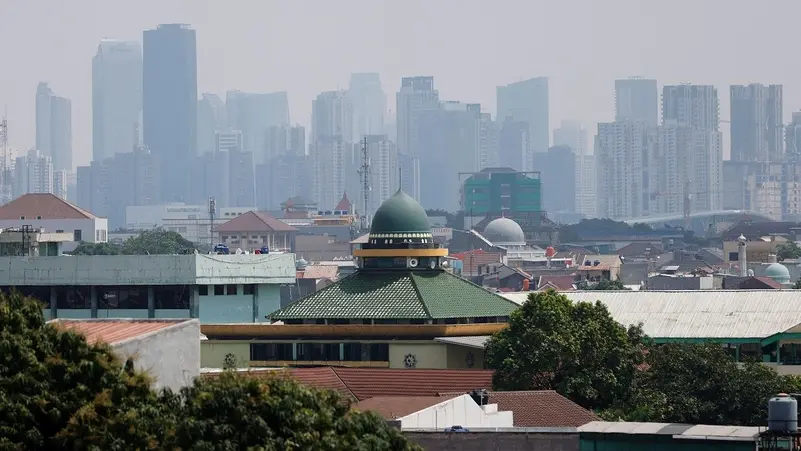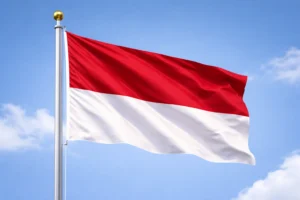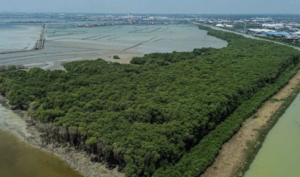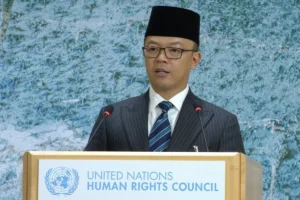Indonesia Steps Up Air Pollution Monitoring in Greater Jakarta

Jakarta, The Gulf Observer: The Ministry of Environment and Forestry is ramping up its monitoring efforts on steam power plants (PLTUs) to assess their potential contributions to air pollution in the Greater Jakarta area, known as Jabodetabek.
Rasio Ridho Sani, the ministry’s Director General of Law Enforcement, emphasized the importance of regulatory compliance among PLTUs during a press conference on Wednesday. “We’re closely watching PLTU compliance with regulations,” Sani stated, underscoring the ministry’s commitment to mitigating environmental impact.
Sani also addressed the recent announcement by Coordinating Minister Luhut Binsar Pandjaitan regarding the planned closure of PLTU Suralaya, located in Cilegon, Banten. He clarified that ongoing efforts to improve air quality in the region are independent of this specific decision. As the chair of the Jabodetabek air pollution control task force, Sani reiterated that all measures are aimed at preventing further deterioration of air quality in the area.
The ministry’s monitoring activities extend beyond PLTUs, covering a range of facilities, including metal smelters, coal stockpiles, and industrial boilers, all of which could potentially contribute to pollution.
Sigit Reliantoro, Director General of Pollution and Environmental Damage Control, highlighted that PLTUs generating over 25 megawatts are required to implement emission monitoring systems and regularly submit reports to the ministry. Facilities that exceed government-determined emission thresholds will be issued warning letters, signaling the need for immediate corrective action.
On August 14, Minister Pandjaitan announced the potential closure of PLTU Suralaya as part of a broader strategy to address Jakarta’s air pollution crisis. The city’s air quality index, currently ranging from 170 to 200, poses significant health risks. Minister Pandjaitan suggested that closing PLTU Suralaya could reduce the air quality index to below 100, thereby mitigating the health impacts of poor air quality on residents.
The Ministry of Environment and Forestry’s intensified monitoring efforts underscore the government’s commitment to ensuring cleaner air and a healthier environment for the people of Greater Jakarta.



